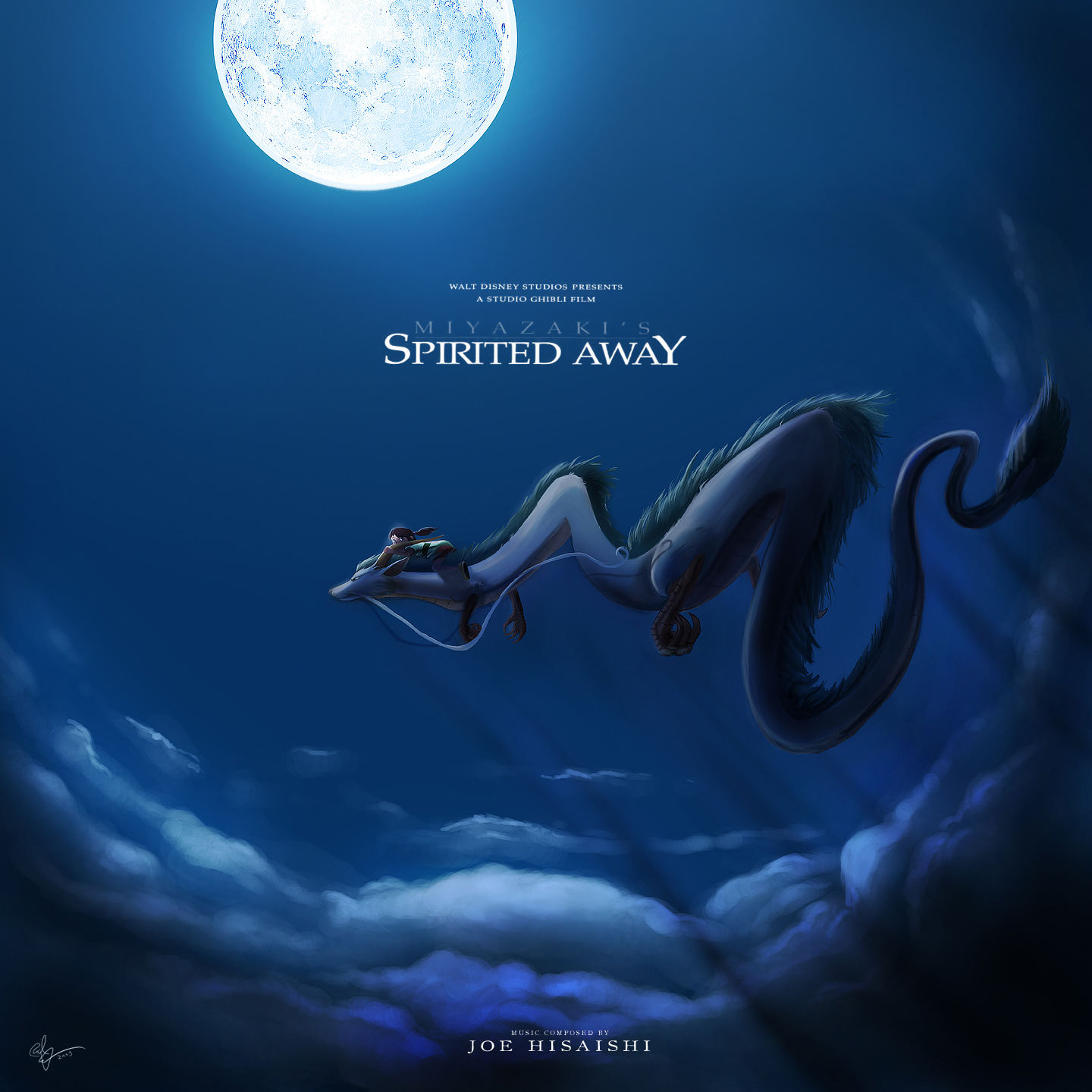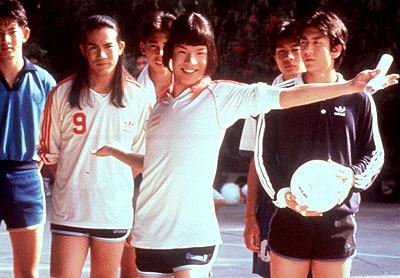Director: Hayao Miyazaki

I decided that the last film that I should watch is my most loved Asian film of all time! Spirited Away. This movie is indeed enjoyable and after witnessing Princess Mononoke and Howl's Moving Castle, this has once again proved to me that animations produced by Studio Ghibli never fail. This movie and the characters brought about several enchanted feelings within me.
Watching such animation has brought me back to my childhood days where I would fantasize about magical realms and the great power I would be empowered with when magical powers are within reach. However, upon further reflections, I feel that the main message that movies of this genre want to bring across is the importance of one’s growing up phase.
In addition, the change in Chihiro’s character from before entering the magical world to after, leaving the world has left a deep impression in me. Prior to entering the magical world, Chihiro was a spoilt kid, who was dependent on her parents. However, after being trapped in the magical world away from her parents (who turned into pigs due to their greediness), she became independent, capable of solving problems on her own, and also successfully brought her parents and herself out of the magical world. This is a scene that I can relate to, especially in today’s world. In the modern world, parents are always there to guide their children, and provide all sorts of help along the way. And this soon resulted in the upbringing of children who have grown to be used to staying under their parents’ protective wings and are always dependent on their parents. Thus, I do believe that some responsibility and trust should be given to children, allowing them to learn as they grow. Mistakes may be made, but making mistakes are part and parcel of growing up.


The progress of the movie was rather slowly and odd at the start, with random characters here and there. However as the movie progressed, the importance of each character was shown and emphasized. Each pieces of a puzzle were introduced and as the story develops, the pieces of puzzle come together to form a magical picture. For example, the No-Face-Ghost that appeared in the earlier part of the movie as a shadow, moved on into the show to become an important character which kept trying different ways to attract Chihiro’s attention. What I felt from this is that different people appear in our life at different time and for different reasons. The only common point of meeting different people is the experience of making new friends as one might not know how important the particular person might be in the future.
I will forever adore this movie for it's creativity and randomness and the spirited realm that it absorbs me into. Once again, from Hayao Miyazaki. (:













































